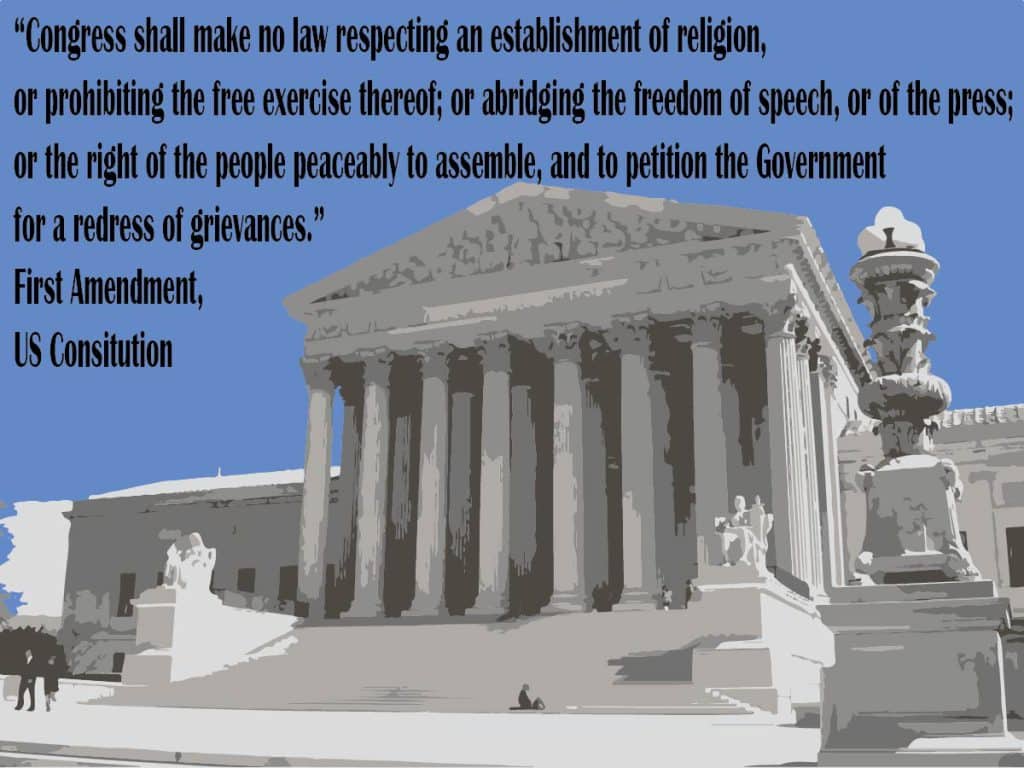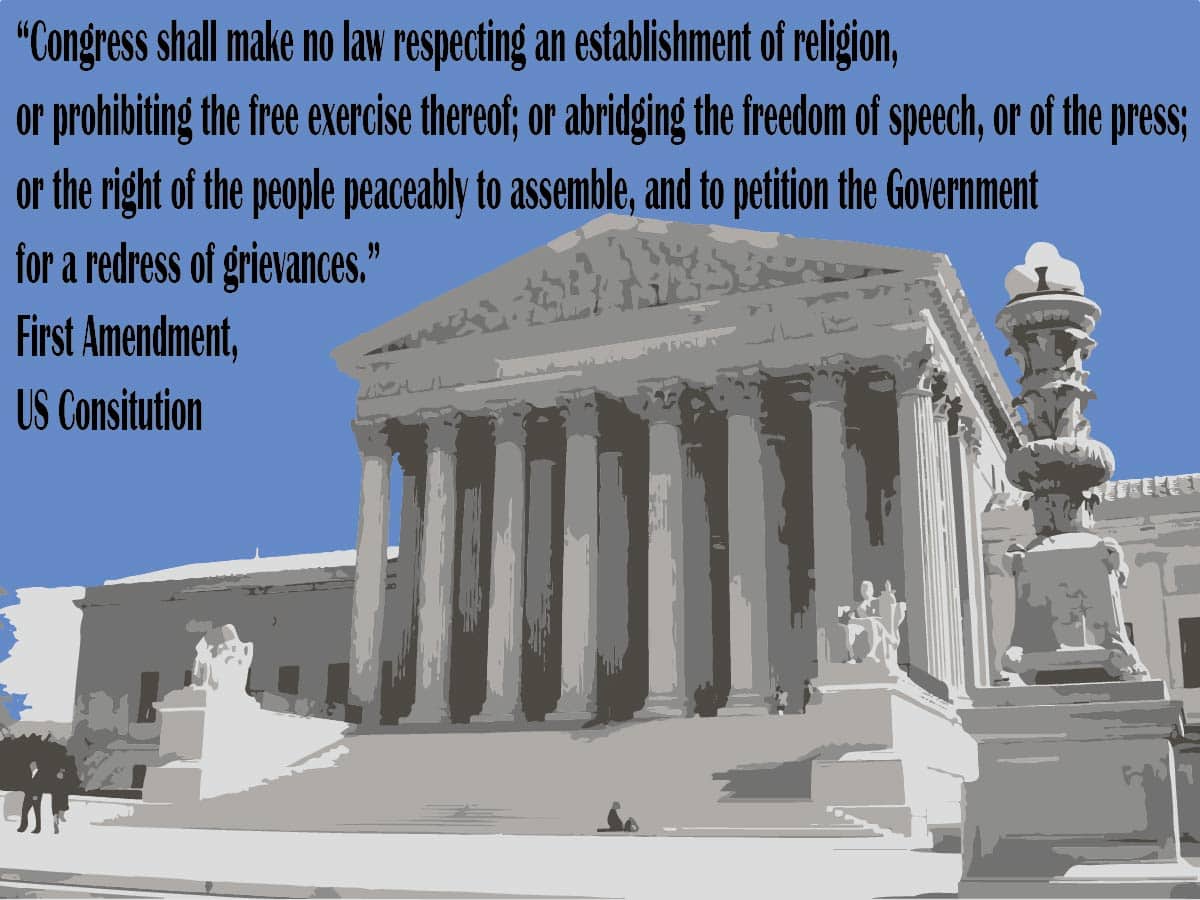
Christian Ministries and the Supreme Court
Victoria McNorrill, Staff Writer
InterVarsity Christian Fellowship, a Christian ministry organization for college students, has been challenged in Court for acting in accordance to its beliefs.
In the case of Christian Legal Society v. Martinez in 2010, the Supreme Court ruled that in order for Christian ministries to remain at public universities, the ministries would not be allowed to discriminate based on a person’s sexual orientation or religious beliefs when hiring or firing an employee.
Since 2002, InterVarsity Christian Fellowship has has been challenged on 41 campuses throughout the nation to change its values and leadership standards.
In 2014, one employee took the case against InterVarsity all the way to the Supreme Court.
The Court ruled that InterVarsity College Ministry had the right to hire or fire people based on the doctrine of its religion.
“The First Amendment protects the freedom of religious groups to engage in certain key religious activities, including the conducting of worship services and other religious ceremonies and rituals, as well as the critical process of communicating the faith,”Justice Samuel Alito said in a similar case. “Accordingly, religious groups must be free to choose the personnel who are essential to the performance of these functions,” he added.
So what does the InterVarsity Court case mean for North Greenville University?
“At North Greenville we have a code of conduct, “ said Jody Jennings, director of Baptist Student Union (BSU) at NGU, “Employees sign it to say that we will abide by those principles. When we break or live contrary to those principles, at that point the leadership has the right to take action based on those.”
Also known as Baptist Collegiate Ministry (BCM), BSU is a Christian ministry across many campuses in North America. Like InterVarsity Christian Fellowship, BSU’s ministry focus is on college students.
“We’re not trying to legislate our Christian beliefs, we’re trying to live our beliefs,” Jennings added. “Christians won the court case, but that’s not necessarily what we’re after. We are trying to point people to Christ with our lives.”

